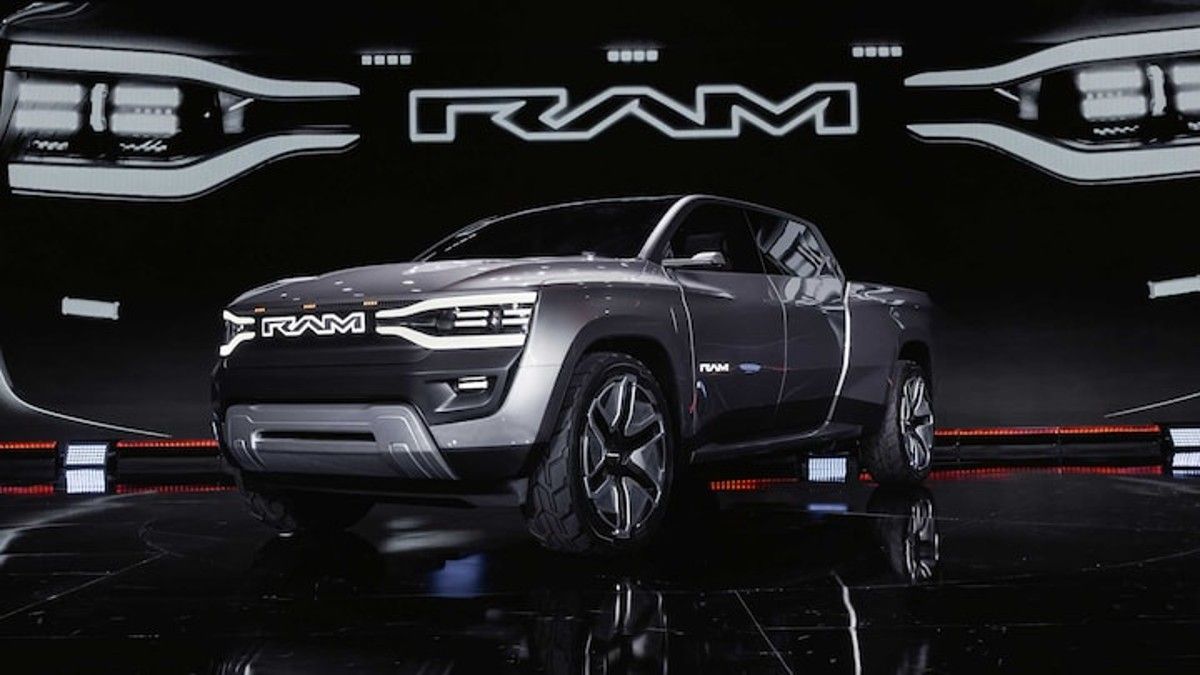Electric Vehicles (EV) have emerged as a promising solution to combat the environmental challenges posed by traditional fuel-powered vehicles. As the world tackles the issue of climate change and aims to reduce greenhouse gas emissions, the switch to electric vehicles represents a significant step towards a more sustainable future. However, the EV revolution comes with its own set of benefits and challenges that need to be considered.
Benefits of Electric Vehicles
1. Environmental Impact:
Electric vehicles run on electricity stored in batteries, eliminating the need for fossil fuels. This helps reduce air pollution and significantly cuts down on greenhouse gas emissions. By transitioning to EVs, we can contribute to cleaner air and a healthier planet.
2. Energy Efficiency:
EVs are more energy-efficient compared to internal combustion engine vehicles. Traditional cars convert only about 20% of the energy stored in fuel into power, while electric vehicles convert more than 77% of the electrical energy into power. This increased efficiency leads to reduced energy wastage and ultimately helps in conserving resources.
3. Cost Savings:
Electric vehicles can be cost-effective in the long run. Although the upfront cost of EVs may be higher than traditional cars, the overall expenses related to fuel and maintenance are significantly lower. EV owners can benefit from reduced fuel costs and fewer maintenance requirements, leading to substantial savings over time.
4. Renewable Energy Integration:
The rise of EVs offers an opportunity for the integration of renewable energy sources into the transportation sector. Electric vehicles can serve as powerful energy storage devices that can be charged when renewable energy output is high, and the demand for electricity is low. This synergy can lead to a more stable and sustainable energy grid.
Challenges Faced by Electric Vehicles
1. Range Anxiety:
One of the key concerns for potential EV buyers is range anxiety – the fear of running out of charge and being stranded. While advancements in battery technology are continuously improving the driving range of electric vehicles, the anxiety surrounding charging infrastructure remains. The limited availability of charging stations and the time it takes to recharge are challenges that need to be addressed to increase consumer confidence in EVs.
2. Charging Infrastructure:
The widespread adoption of electric vehicles requires a robust charging infrastructure network. This infrastructure should be capable of providing convenient and efficient charging options for EV owners. Governments and private entities need to invest in expanding the charging infrastructure to ensure easy accessibility for all and eliminate the fear of inadequate charging facilities.
3. Battery Technology:
While battery technology has rapidly advanced in recent years, further improvements are necessary to enhance the performance and lifespan of electric vehicle batteries. Manufacturers need to focus on developing batteries that offer longer driving ranges, faster charging times, and improved longevity. Research and development in this area are crucial to boost the competitiveness of electric vehicles in the market.
4. Supply Chain and Raw Materials:
The production of electric vehicles relies heavily on rare earth minerals such as lithium, cobalt, and nickel. These minerals often have complex supply chains, and their extraction can raise environmental and social concerns in some regions. Ensuring responsible sourcing and working towards an ethical supply chain is essential to avoid negative impacts on the environment and local communities.
The Path Forward
The benefits offered by electric vehicles are too significant to ignore, and the challenges they bring can be overcome with strategic planning and coordinated efforts. Governments, automotive manufacturers, and technology companies must collaborate to accelerate the adoption of EVs and address the associated challenges.
Investments in charging infrastructure, research and development for battery technology, and responsible sourcing of raw materials are crucial steps towards a successful EV revolution. Furthermore, financial incentives and subsidies can encourage more consumers to switch to electric vehicles, making them more accessible to a wider population.
The transition to electric vehicles represents a transformative shift in the transportation industry and an opportunity to create a cleaner and more sustainable world. By embracing the benefits and meeting the challenges head-on, we can pave the way for a future where electric vehicles dominate the roads and contribute to a greener planet.

